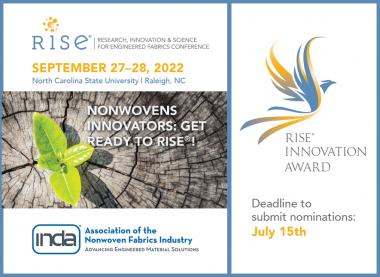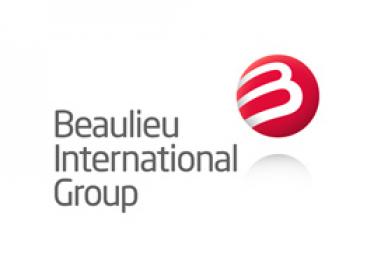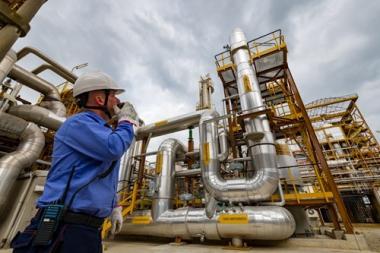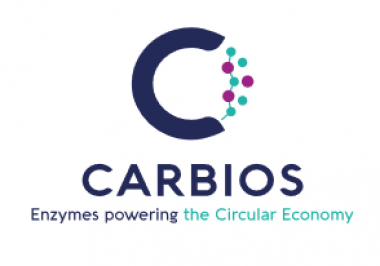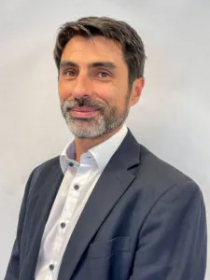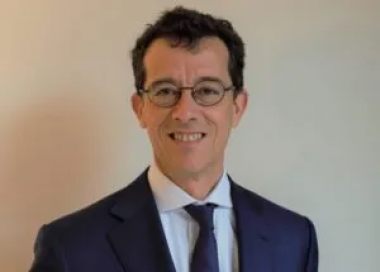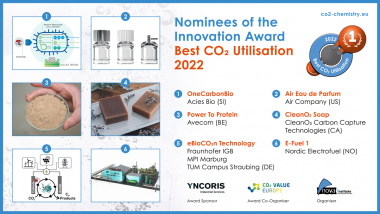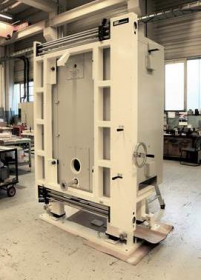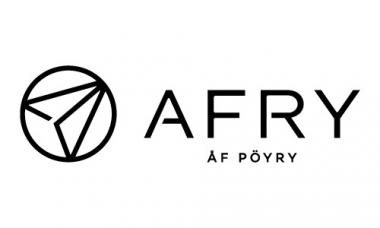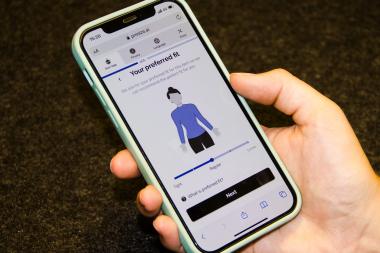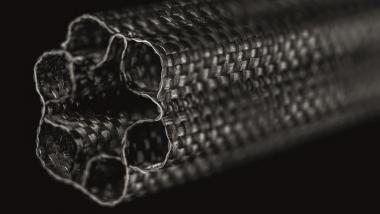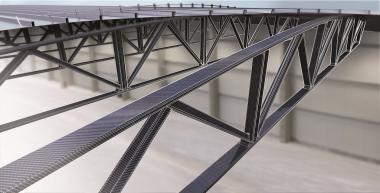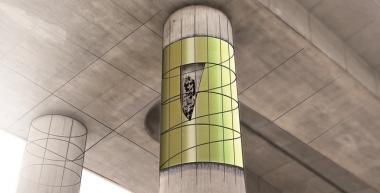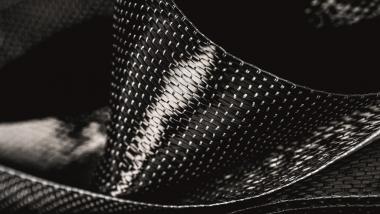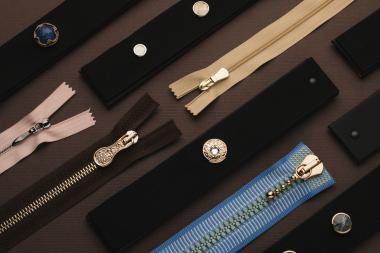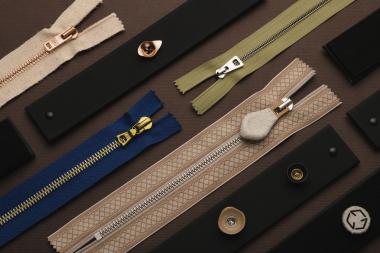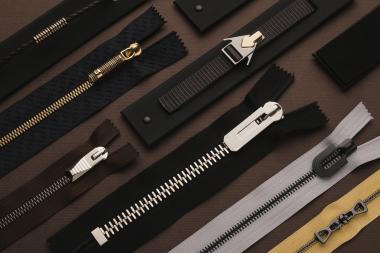Geno and Aquafil: Pre-commercial production for plant-based nylon-6
Genomatica (Geno) alongside longtime collaborator Aquafil [ECNL:IM] successfully completed the first demonstration scale production runs for plant-based nylon-6. The material is intended to reshape the $22B nylon industry, enabling brands to meet demand from consumers for sustainable everyday materials from apparel to automotive parts to carpets. Geno and Aquafil have produced the first several tons of plant-based nylon-6 building block caprolactam, have converted it to nylon-6 polymer, and are now in the process of transforming it for evaluation in nylon applications such as yarns for textile and carpet and engineering plastics as part of pre-commercial quantities from demonstration production taking place in Europe.
The companies have been collaborating to first produce pilot-scale quantities of plant-based nylon-6 and have now advanced to produce pre-commercial quantities at demonstration scale which will help determine the final design of future commercial plants. The material will go to leading global brands and their value chain partners who are eager to explore and develop renewable products, create showcase goods and test feedback with customers.
Plant-based nylon-6 is Geno’s third major product line on a path to commercialization. The company has executed high impact deals with a range of brands to accelerate the global commercialization of sustainable materials, with the potential to reduce greenhouse gas emissions by 100 million tons in upcoming years. Recent milestones advancing the sustainable materials transition include: a collaboration with lululemon (NASDAQ: LULU) to bring plant-based materials into lululemon’s products, a production milestone with partner Covestro (OTCMKTS: COVTY) for plant-based HMD used in sustainable coatings, and a partnership with Asahi Kasei (OTCMKTS: AHKSY) and a newly formed venture with Unilever (NASDAQ: UL) to commercialize and scale plant-based alternatives to feedstocks like palm oil or fossil fuels, to make key ingredients used in everyday cleaning and personal care products.
method communications










